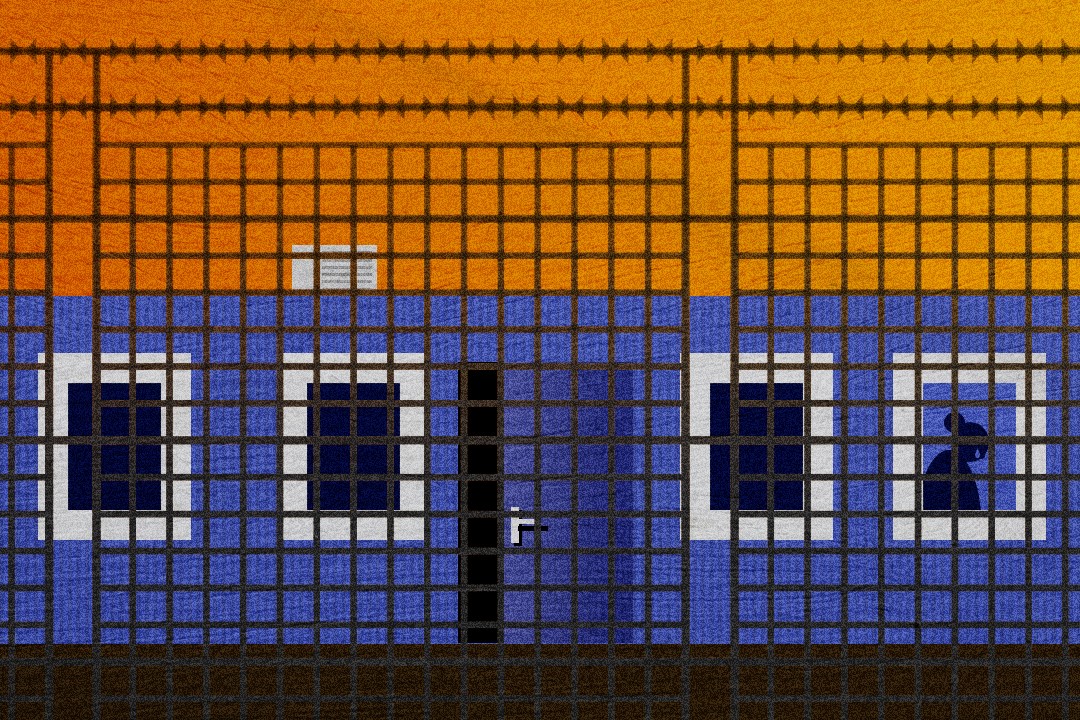
Iranian Christian asylum-seeker gets fair compensation for unlawful detention and mistreatment in Hungary
Translation is available for this content
Váltás magyarraThe Hungarian state violated A.P.’s human rights when it unlawfully detained him for more than a year and even starved him in the Röszke transit zone, ruled the European Court of Human Rights (ECtHR) today. The Hungarian Helsinki Committee’s client will receive a fair compensation of 5,000 euros.
Although the transit zones were dismantled in May 2020, the ECtHR is still investigating numerous complaints of people unlawfully detained in Hungary’s Röszke and Tompa transit zones. Today’s judgment is just about one case of the countless.
A.P. entered Hungary legally in September 2018 at the transit zone in Röszke. He applied for asylum, which the Hungarian authorities routinely rejected without any substantive examination, claiming that Serbia was a safe country for asylum purposes, so he was not entitled to protection in Hungary.
This assertion was so far from reality that neither the UNHCR nor most EU member states consider Serbia a safe country for refugees (either then or now). After all, in 2020, the domestic authorities finally started to examine the Iranian man’s asylum application in a fair procedure, and they granted him refugee status. But he had a lot to go through before then.
After being persecuted for his Christian religion at home, the man was detained in the transit zone for 379 days – during which he had to spend half a year under incredibly harsh conditions in the alien policing sector. He was not allowed to meet anyone, not even the UN staff, and he had no idea how long he would be detained. He committed no offence; he just asked the Hungarian state for protection as a persecuted person. The authorities even starved him, then gave him food after three days only because the ECtHR ordered them upon the Hungarian Helsinki Committee’s interim measure request.
A.P. filed a complaint with the European Court of Human Rights. After five and a half years, the court delivered its judgment today and found the detention unlawful. Moreover, it also emphasised that the domestic legal system did not provide any effective remedy for people deprived of their freedom indefinitely and that they could not appeal against their detention in court. As it has done so several times before, the ECtHR found that “the domestic law did not provide the applicant with the possibility to contest the lawfulness and length of his detention” either.
“This is the 105th case that the Hungarian Helsinki Committee has won in Strasbourg and the eighteenth in which the European Court of Human Rights has condemned the blatantly unlawful practice of detention in transit zones. Though we are happy that our clients are getting compensation, these terrible cases should never have happened in the first place.
Although the transit zones have been closed, the Hungarian state continues the mass human rights violations at the Southern border. The authorities still push people back to Serbia, even though both the European Court of Human Rights and the Court of Justice of the European Union condemned this practice in 2020,” – said Gábor Győző, the Hungarian Helsinki Committee’s attorney-at-law, who represented the Iranian Christian asylum-seeker in the Strasbourg proceedings.